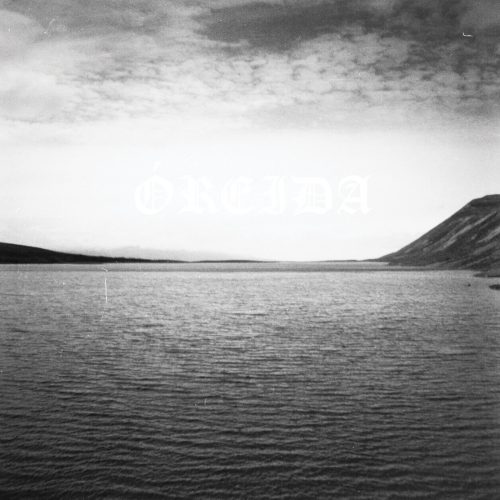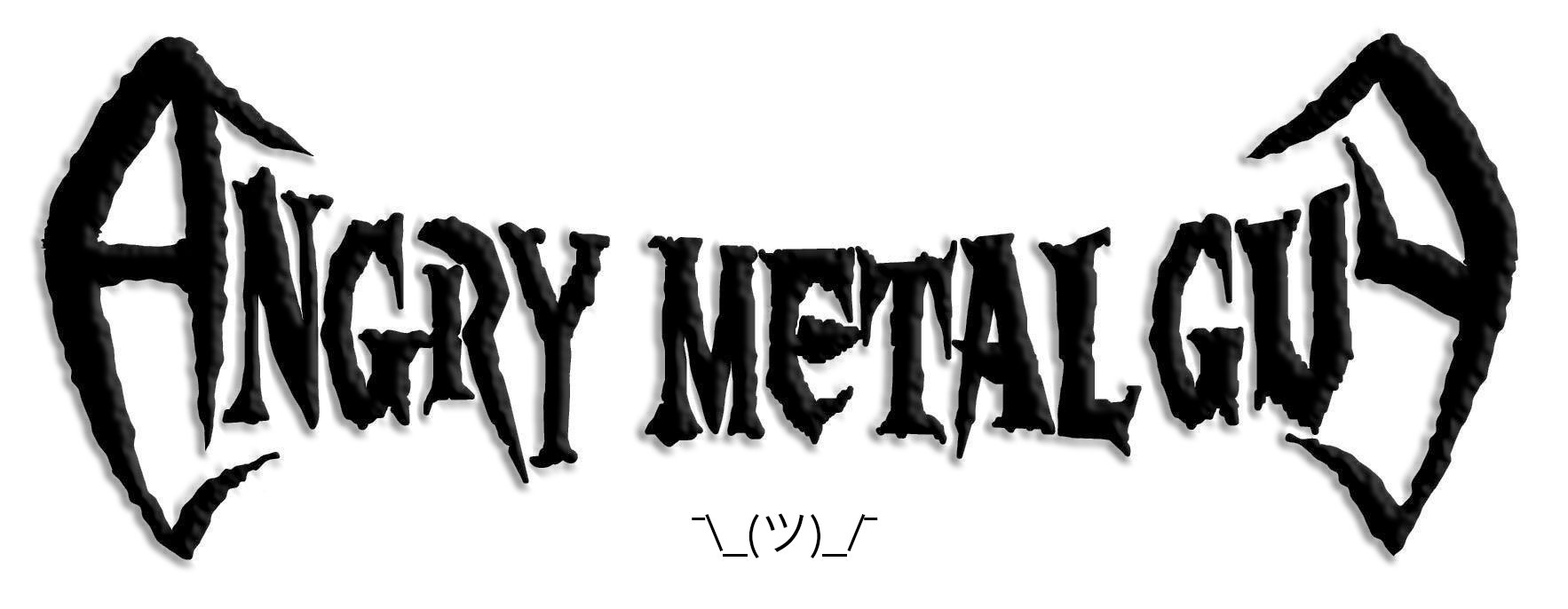 Atmospheric black metal is tricky to judge. The definitions for the style are broad, and its success really lies in the emotional resonance felt by the listener. Obviously, this is a true statement of all art, but I’ve always found the more abstract qualities of atmospheric black enhance that statement beyond its usual bounds. To me, this makes it a very difficult style of music to review. So, naturally, when I came across an unreviewed sample of the genre, I leapt at the chance to become better acquainted with Óreiða, and their self-titled full-length debut. Óreiða hail from Iceland, and they play atmospheric black metal, and that’s nearly everything I know about them. I have no credits of any kind, no inkling of who, or how many people were involved here, or of why this project exists. But that’s fine—I’m more than happy to let the music do the talking.
Atmospheric black metal is tricky to judge. The definitions for the style are broad, and its success really lies in the emotional resonance felt by the listener. Obviously, this is a true statement of all art, but I’ve always found the more abstract qualities of atmospheric black enhance that statement beyond its usual bounds. To me, this makes it a very difficult style of music to review. So, naturally, when I came across an unreviewed sample of the genre, I leapt at the chance to become better acquainted with Óreiða, and their self-titled full-length debut. Óreiða hail from Iceland, and they play atmospheric black metal, and that’s nearly everything I know about them. I have no credits of any kind, no inkling of who, or how many people were involved here, or of why this project exists. But that’s fine—I’m more than happy to let the music do the talking.
Or, actually, that might not be a wholly accurate turn of phrase, as this is an instrumental project.1 Typically, in the absence of vocals, I would expect guitars, keys, or similarly “standout” instruments to take the lead, but opener “Dagar” surges to life with a total focus on its main riffs, and everything else is pushed into the far background. And I mean the far background, as in, I can barely hear the drumming on this record. The only reason I know there’s a bass guitar at all is because it stops playing for about a minute in “Dagar,” and I notice when it comes back. The tremolo chords that make up the backbone of the songs in Óreiða take absolute prominence, and “Dagar” comes and goes with scarcely any variation to pass the time.
If you thought being unable to hear the drumming or bass work on Óreiða might be a problem, I regret to say that you are not missing much. As far as I can tell, the bass lines in each song are single notes—the same single notes—repeated until the song ends. The same is true of the drumming. There are next to no fills, no variations, just the same blast-beat pounding on the same drum over and over again. The guitars are extremely fuzzy, and a layer of static blankets the entire album. By contrast, the symphonic elements of the album—a few choral and flute sections—are clear, sharp, and utterly at contrast with their backing elements. This album sounds scattered, as though very little care was taken during its recording or production processes.

But the worst offender on Óreiða has to be the songwriting. You see, none of the four songs on this 35-minute album have a beginning or an end. They simply start. And then, seven-to-ten minutes later, they fade out, often on the same riff they began on. I can count the number of unique riffs on this album with two hands, and, as I mentioned earlier, those riffs have total prominence. Óreiða might be the most repetitive album I’ve ever listened to in my life. What really hurts about this is that there actually is some potential here. “Draumar” introduces a flute,2 and uses it reasonably well. Around the four-minute mark, the band use it to evoke a sort of contemplation amidst chaos, and I found myself liking it. Then the section repeated. Then it repeated. Then it repeated.3 And then, four minutes later, it repeated one last time before fading out.
Perhaps atmospheric black metal is difficult to judge, hard to understand, and a challenge to criticize. But when I listen to Óreiða, I don’t feel anything in response to it, and I know that isn’t right. There is no discernible aggression, anger, ferocity, sorrow, loss, or any of the other markers that I’ve come to associate with this style. I can vaguely imagine a way of making this work—certainly, there are moments of potential throughout—but whoever or whatever Óreiða is, I have no clearer an idea after listening to their art than I did before.4
Rating: 1.5/5.0
DR: 7 | Format Reviewed: 320 kbps mpeg
Label: Harvest of Death
Website: oreida.bandcamp.com
Released Worldwide: April 20th, 2019

















